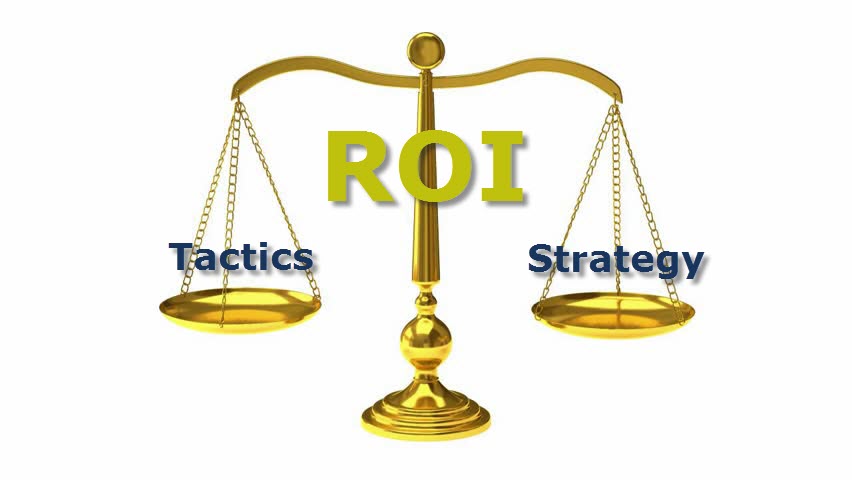By definition, ROI is the only measure of business efficiency and success of any business initiative, such as BPM. On most fundamental level the mission of business is to invest and return the money with a surplus value. ROI measures exactly this.
However, as with many generic and universal indicators, there appear a lot of confusion with correct evaluation of ROI. At first, ROI looks quite simple and straightforward to measure. Take the cost of investments, find returns and get the result by comparing both. Crucial and often missed factor in this simple calculation is time.
Suppose you are planning to run 100 meter sprint and make an investment to win it. The time of return for your investment is exactly the time necessary to finish this 100 meter distance. Everything, which happens after does not matter. You win or loose, profit or bankrupt exactly on your distance.
Suppose now, you are planning to run a marathon, but invest similarly into your sprint strategy. You will win 100 meters but will loose the marathon exhausting all your resources prematurely. Marathon has completely different successful investment strategy than a sprint.
Every company must have a complex hierarchical combination of short-term targets and long-term goals aimed to cherish its local successes into strategic growth. Respectively, every such goal requires an individual ROI measuring the success over a given period of time. Using an improper ROI measured for another goal will cause inaccurate estimate and may yield business failure.
BPM helps organizations to correctly build hierarchies of tactical and strategic goals in a form of business processes and facilitates correct measurement of respective ROIs, which might be otherwise difficult to recognize and estimate.


Leave A Comment